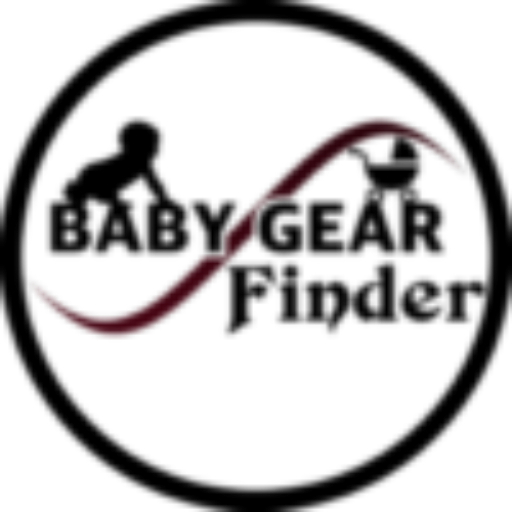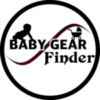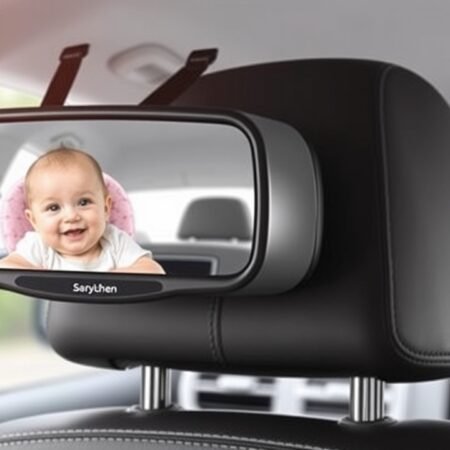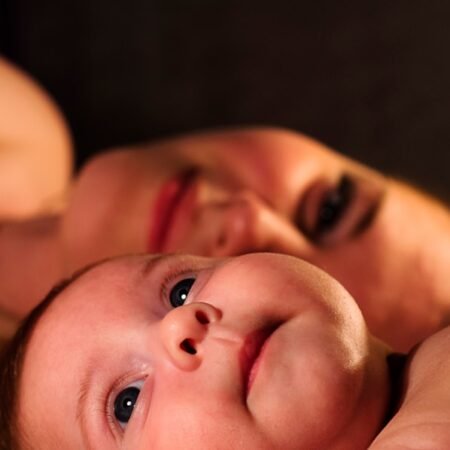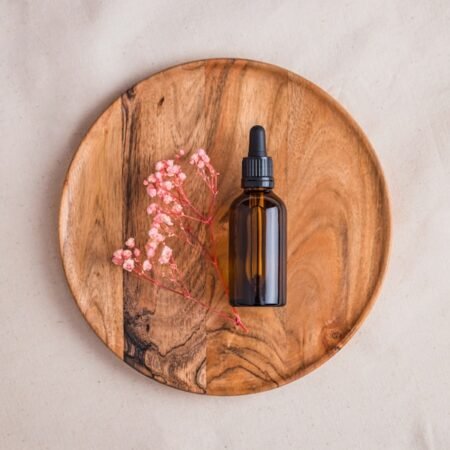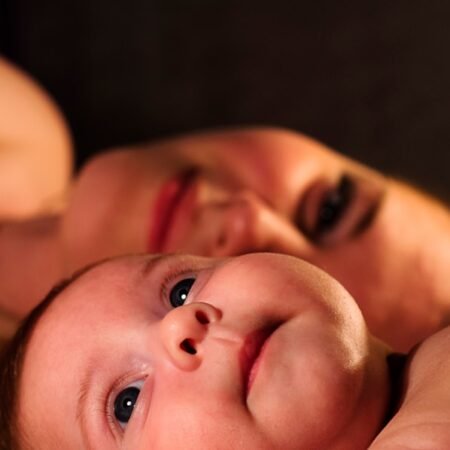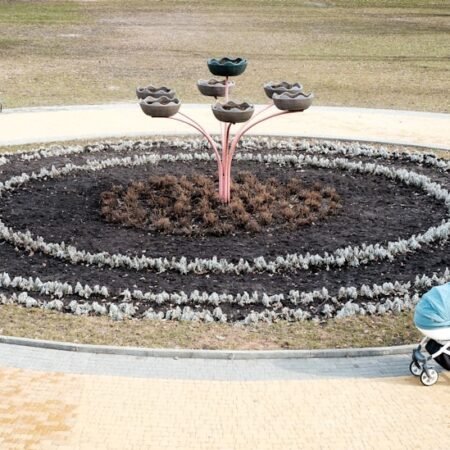Nasal hygiene is a crucial aspect of infant care that is often overlooked. Babies, particularly those under six months, are obligate nasal breathers, meaning they primarily breathe through their noses. This makes it essential to keep their nasal passages clear and free from obstructions.
Congestion can lead to difficulties in feeding, sleeping, and overall comfort. Moreover, a baby’s immune system is still developing, making them more susceptible to infections. Regular nasal hygiene can help prevent the buildup of mucus and allergens, reducing the risk of respiratory issues.
Maintaining nasal hygiene is not just about comfort; it also plays a significant role in a baby’s overall health. When a baby’s nasal passages are clogged, it can lead to complications such as ear infections or sinusitis. These conditions can be painful and may require medical intervention.
By ensuring that the nasal passages are clear, parents can help their babies breathe easier and reduce the likelihood of these complications. This proactive approach to nasal care can contribute to better sleep patterns and improved feeding habits, ultimately leading to a happier and healthier baby.
Key Takeaways
- Nasal hygiene is important for babies to alleviate congestion and promote respiratory health.
- Using a nasal wash bottle can help clear baby congestion and improve their breathing.
- Nasal wash bottles are safe and effective for babies when used properly.
- Nasal wash bottles are a gentle and natural remedy for baby congestion compared to other remedies.
- Incorporating a nasal wash bottle into your baby’s daily hygiene routine can help maintain their respiratory health.
How a Nasal Wash Bottle Can Help Alleviate Baby Congestion
A nasal wash bottle is a simple yet effective tool designed to help alleviate nasal congestion in babies. The device works by delivering a saline solution into the nasal passages, which helps to thin mucus and flush out irritants such as dust, pollen, and other allergens. This gentle irrigation can provide immediate relief for babies suffering from congestion due to colds, allergies, or environmental factors.
The saline solution not only moisturizes the nasal membranes but also promotes the natural drainage of mucus. Using a nasal wash bottle can be particularly beneficial during cold and flu season when babies are more prone to respiratory infections. The saline solution helps to soothe inflamed tissues in the nose, making it easier for babies to breathe.
Additionally, regular use of a nasal wash bottle can help prevent the accumulation of mucus, which can lead to more severe respiratory issues if left untreated. Parents often find that their babies are more comfortable and less fussy after using a nasal wash bottle, making it an essential tool in managing their child’s health.
The Benefits of Using a Nasal Wash Bottle for Baby’s Respiratory Health
The benefits of using a nasal wash bottle extend beyond immediate relief from congestion. Regular use can significantly improve a baby’s respiratory health over time. By keeping the nasal passages clear, parents can help reduce the frequency of respiratory infections.
This is particularly important for infants who are at a higher risk for conditions such as bronchiolitis or pneumonia. A clean nasal environment allows for better airflow and oxygenation, which is vital for a developing baby. Moreover, using a nasal wash bottle can enhance the effectiveness of other treatments for respiratory issues.
For instance, if a baby is prescribed medication for allergies or asthma, having clear nasal passages can improve the medication’s efficacy. Additionally, parents may notice that their babies experience fewer symptoms related to allergies when they incorporate nasal washing into their routine. This holistic approach to respiratory health not only benefits the baby but also provides peace of mind for parents concerned about their child’s well-being.
For more information, visit Walmart’s selection of nasal irrigation products for babies.
Tips for Safely and Effectively Using a Nasal Wash Bottle on Your Baby
| Age | Frequency | Amount of Saline Solution | Positioning |
|---|---|---|---|
| Newborn to 6 months | Once a day | 2 to 3 drops in each nostril | Lay baby on their back with head tilted to the side |
| 6 months to 1 year | Twice a day | 3 to 4 drops in each nostril | Baby can sit up with head tilted to the side |
| 1 year and older | As needed | 4 to 5 drops in each nostril | Baby can sit up or stand with head tilted to the side |
When using a nasal wash bottle on your baby, safety and effectiveness should be top priorities. First and foremost, it is essential to choose a saline solution that is specifically designed for infants. Many over-the-counter options are available, but homemade saline solutions can also be made by mixing distilled water with a small amount of salt.
Always ensure that the solution is at room temperature before use to avoid discomfort. Positioning your baby correctly during the process is crucial for effective nasal irrigation. It is generally recommended to have the baby lie on their back with their head slightly tilted to one side.
This position allows gravity to assist in the flow of saline through the nasal passages. Parents should gently squeeze the bottle to release the saline while monitoring their baby’s reactions closely. If the baby appears distressed or uncomfortable, it may be necessary to pause and comfort them before continuing.
Addressing Common Concerns About Using a Nasal Wash Bottle for Babies

Many parents may have concerns about using a nasal wash bottle on their infants, particularly regarding safety and discomfort. It is important to note that when used correctly, nasal wash bottles are safe for babies of all ages. However, parents should always consult with their pediatrician before starting any new health regimen, especially if their baby has underlying health conditions or is very young.
Another common concern is whether the process will cause discomfort or distress to the baby. While some babies may initially resist the idea of having saline introduced into their noses, most adapt quickly with gentle handling and reassurance from their parents. It is advisable to start with small amounts of saline and gradually increase as the baby becomes accustomed to the sensation.
Over time, many parents find that their babies tolerate the process well and may even seem to enjoy the relief it provides.
Comparing Nasal Wash Bottles to Other Baby Congestion Remedies
When considering remedies for baby congestion, nasal wash bottles stand out as a unique option compared to other methods such as suction bulbs or decongestant medications. Suction bulbs can be effective in removing mucus but may not provide the same level of hydration and relief that saline irrigation offers. While suctioning can clear immediate blockages, it does not address underlying issues like inflammation or dryness in the nasal passages.
On the other hand, decongestant medications are generally not recommended for infants due to potential side effects and risks associated with their use. Nasal wash bottles provide a natural alternative that is both safe and effective for infants. They offer a non-invasive way to manage congestion without introducing chemicals into a baby’s system.
This makes them an appealing choice for parents looking for gentle yet effective solutions for their child’s respiratory health.
Incorporating Nasal Wash Bottles into Your Baby’s Daily Hygiene Routine
Incorporating a nasal wash bottle into your baby’s daily hygiene routine can be beneficial for maintaining optimal nasal health. Many parents find that using the wash bottle once or twice daily helps keep mucus at bay and prevents congestion from becoming an issue in the first place. This practice can be particularly useful during allergy seasons or when there are known irritants in the environment.
Establishing a routine around nasal washing can also help normalize the process for your baby. For instance, incorporating it into bath time or bedtime rituals can make it feel like a natural part of their care routine rather than an unpleasant chore. As babies grow older and become more aware of their bodies, they may even come to associate nasal washing with relief from discomfort, making them more cooperative during the process.
By prioritizing nasal hygiene early on, parents can set the stage for healthier respiratory habits as their child grows.
FAQs
What is a nasal wash bottle and how does it work for babies?
A nasal wash bottle is a device used to irrigate the nasal passages with a saline solution. It helps to clear out mucus, allergens, and other irritants from the nasal passages, promoting better respiratory health for babies.
Why is nasal hygiene important for babies?
Nasal hygiene is important for babies because their nasal passages are smaller and more prone to congestion. Keeping their nasal passages clear can help prevent respiratory infections and improve their overall comfort and well-being.
How can a nasal wash bottle help alleviate baby congestion?
A nasal wash bottle can help alleviate baby congestion by flushing out mucus and other irritants from the nasal passages, providing relief from stuffiness and promoting easier breathing for babies.
What are the benefits of using a nasal wash bottle for baby’s respiratory health?
Using a nasal wash bottle for baby’s respiratory health can help prevent respiratory infections, reduce the severity and duration of cold symptoms, and promote better breathing and overall comfort for babies.
What are some tips for safely and effectively using a nasal wash bottle on your baby?
Some tips for safely and effectively using a nasal wash bottle on your baby include using a gentle saline solution, positioning your baby properly, and using the right amount of pressure to irrigate the nasal passages without causing discomfort.
What are some common concerns about using a nasal wash bottle for babies?
Some common concerns about using a nasal wash bottle for babies include the fear of causing discomfort or injury, the potential for introducing infection, and the difficulty of administering the saline solution effectively.
How do nasal wash bottles compare to other baby congestion remedies?
Nasal wash bottles are considered a safe and effective remedy for baby congestion, especially compared to over-the-counter medications that may have potential side effects. They provide natural relief without the use of medications.
How can you incorporate nasal wash bottles into your baby’s daily hygiene routine?
You can incorporate nasal wash bottles into your baby’s daily hygiene routine by using it as part of their bath time or bedtime routine, or as needed when they are experiencing congestion or nasal discomfort.
